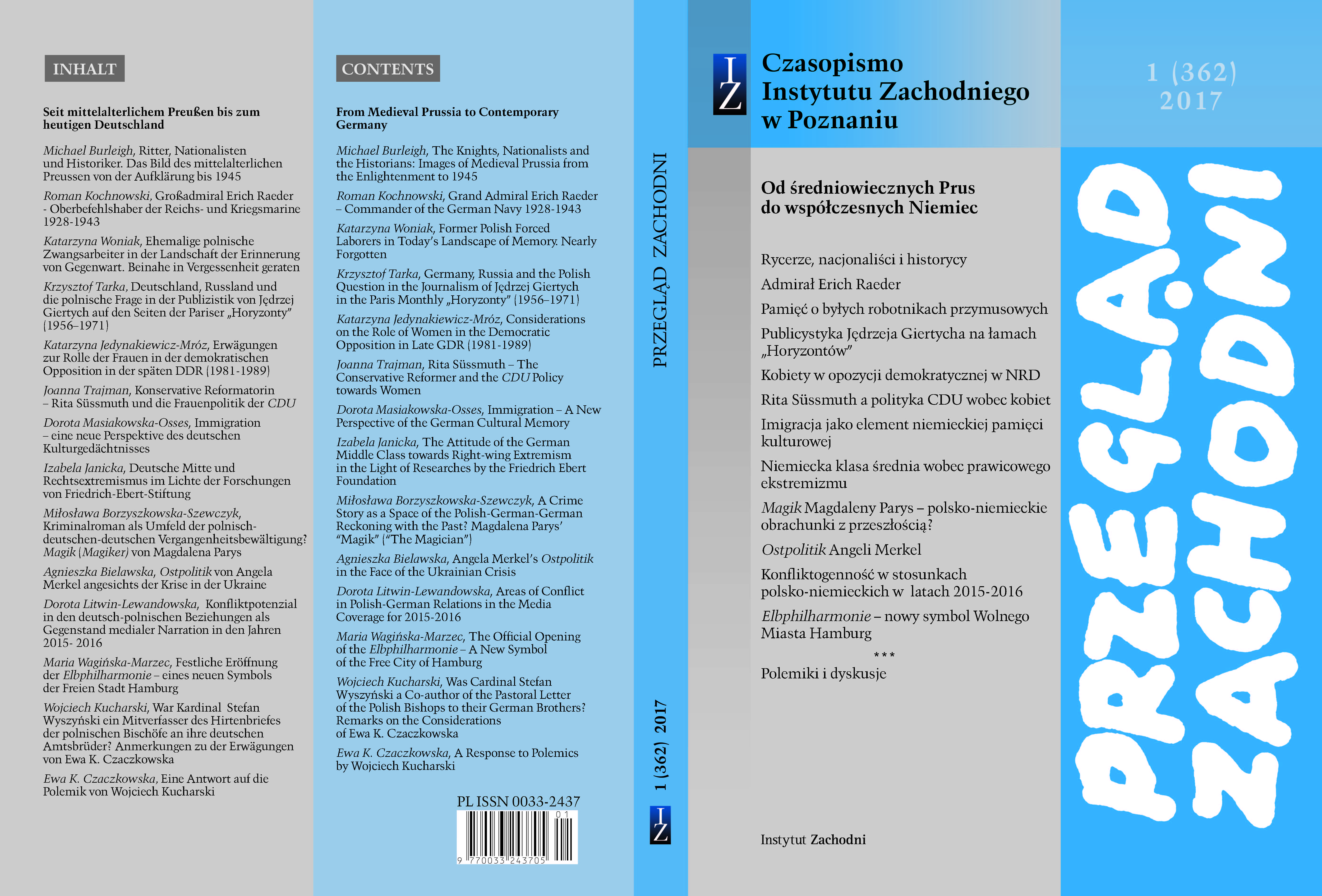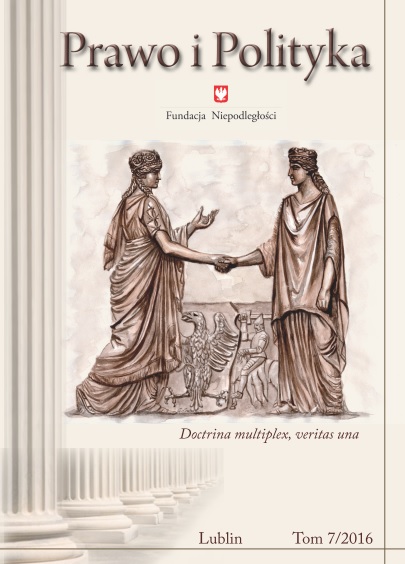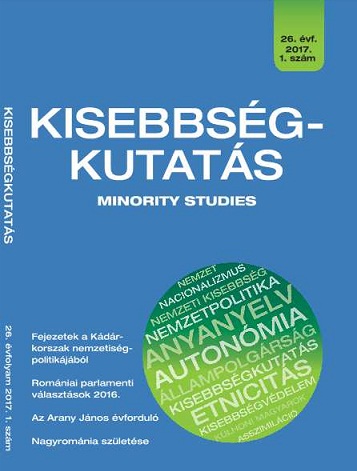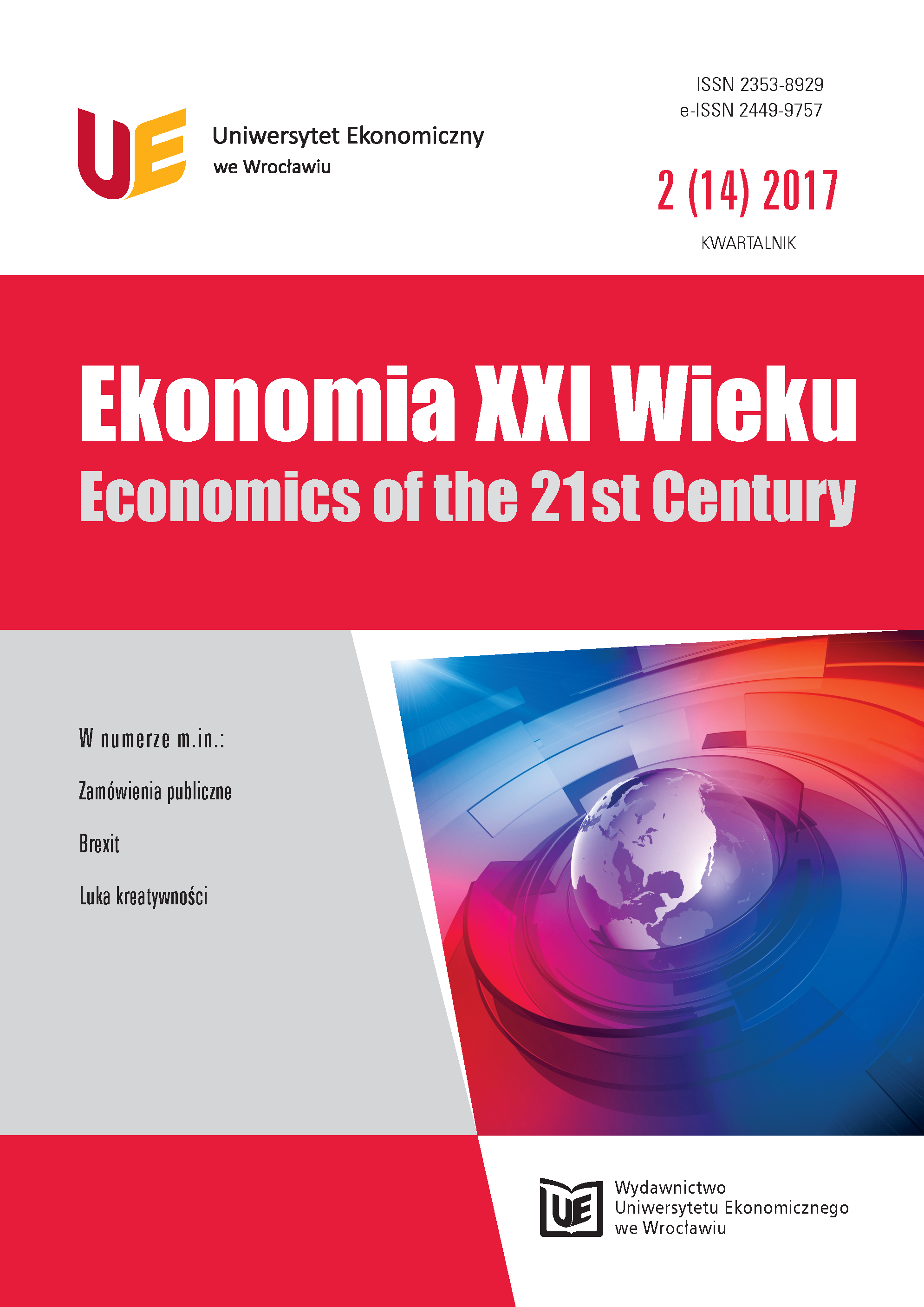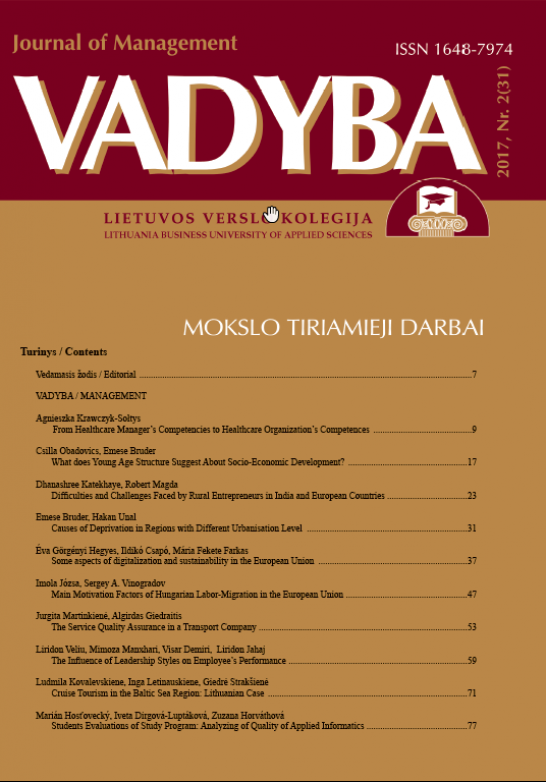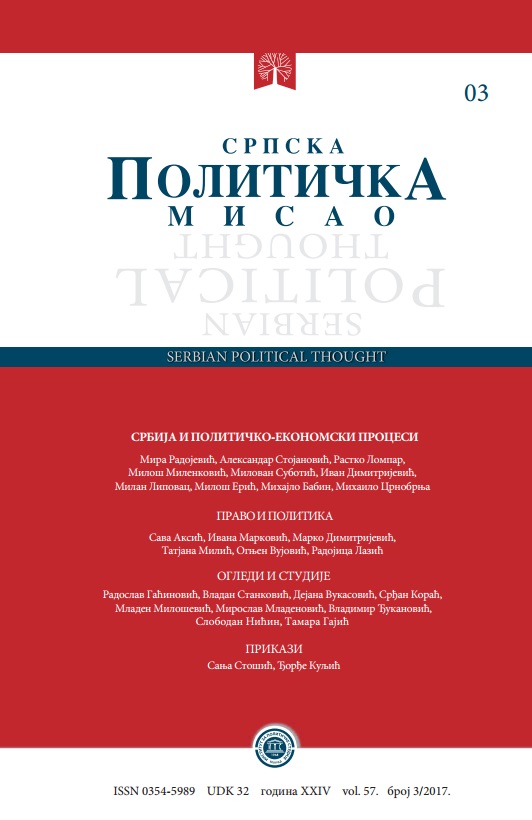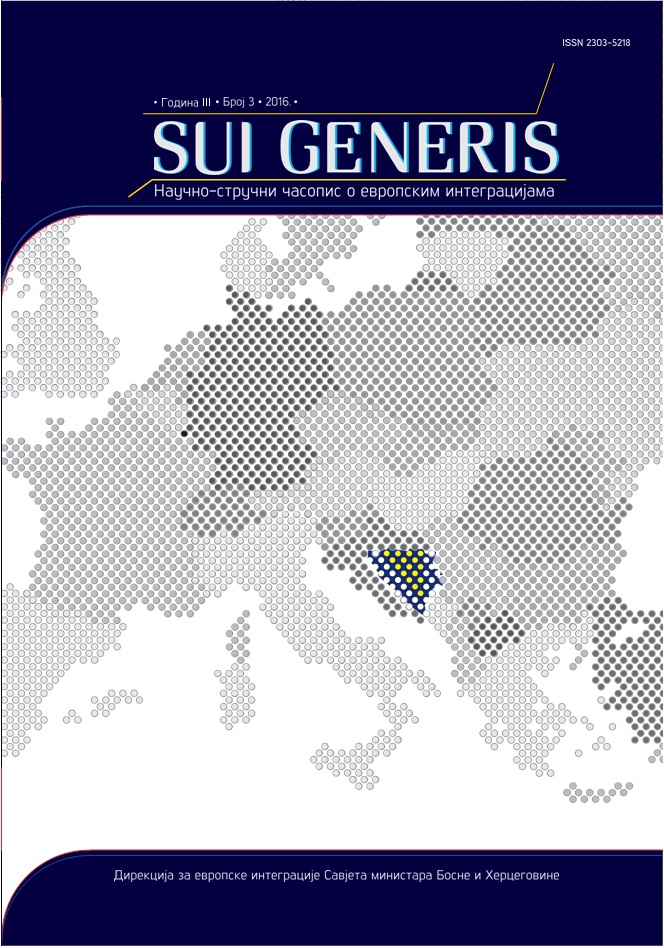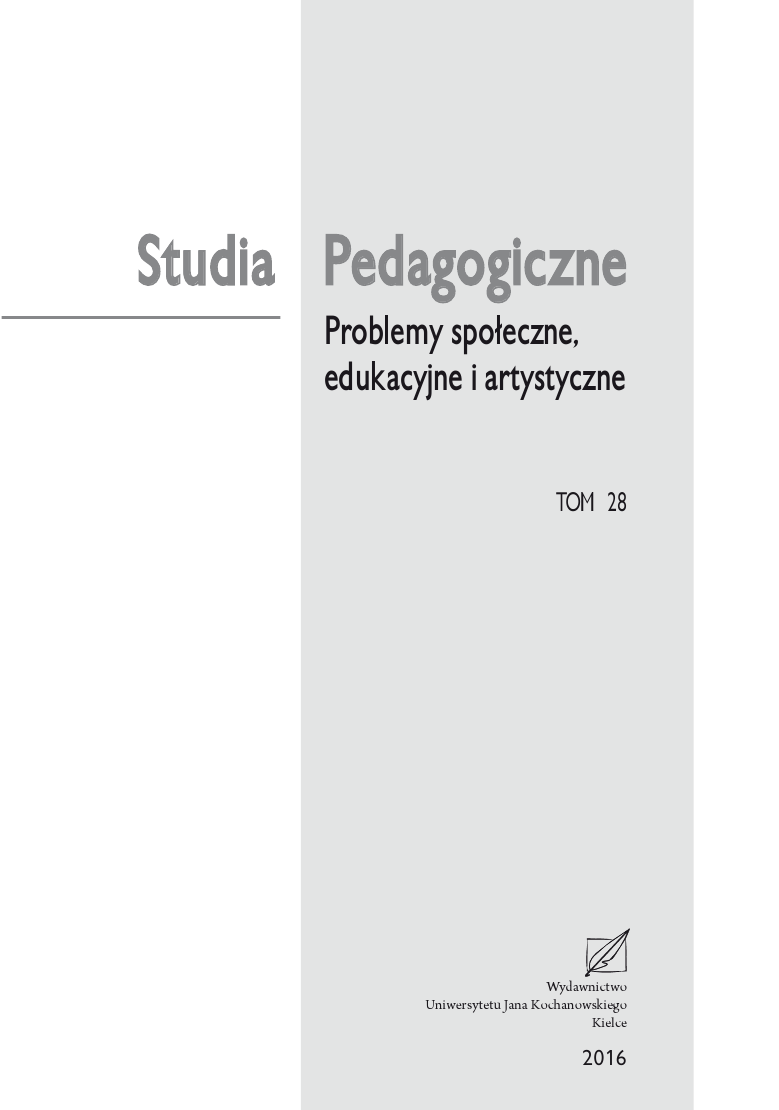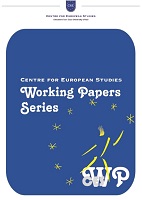Author(s): Görgényi-Hegyes Éva,Ildikó Csapó,Mária Fekete-Farkas / Language(s): English
Issue: 2/2017
Nowadays knowledge has become a strategic resource, and plays a crucial role in education, innovation, different development processes, thus, in economic growth. Considering the rapidly and continuously changing business environment, the impacts of globalisation and digitalization, staying competitive is a great challenge for companies both in public and private sectors in the 21st century. Through the information society or knowledge-based society came to the fore, the use of diverse information technology tools and methods has become a significant influence factor in the daily life of both individuals and organisations. In this new economy the appearance of Information and Communications Technology (ICT), the different online applications – especially social media – represent a completely different and new structure in communication and education. Although the relationship between education and sustainable development is complex, there is no doubt that education is an essential tool for achieving sustainability. Also United Nations highlighted the importance of sustainability and the role of education and digitalization in it – in 2015 UN General Assembly emphasized the cross-cutting contribution of ICT to the newly defined Sustainable Development Goals as ICT can accelerate the progress of sustainability.The current paper is intended to summarize the most important related literature and provide a better understanding of knowledge-based economy, digitalization and education for sustainability. Furthermore, the study offers a brief introspection into the current situation of Europe – compared with Hungary – in terms of digital competence and use of ICT. The research methods are the analysis of different related articles and reports, a comparative analysis of digital skills and competences between Hungary and European Union based on the reports published by the European Commission: Measuring Digital Skills across the EU: EU wide indicators of Digital Competence (2014); Survey of Schools: ICT in Education (2013) and Europe‘s Digital Progress Report 2017. Moreover, Authors mapped the current situation of ICT usage habits in secondary education in Hungary based on their own empirical research.The main findings of the study show that Hungary has a better position in terms of digital skills in comparison with the average of the European Union. Although it is obvious that usage of different ICT tools is essential in education in order to make knowledge transfer easier, the inconvenience of the older generation can reduce the efficiency of the new technology in education. Summarizing the results it can be clearly seen that confidence of digital skills are higher in Generation Y and Generation Z, as they have the basic need to use different ICT tools, mobile and online technologies in their everyday life.
More...

